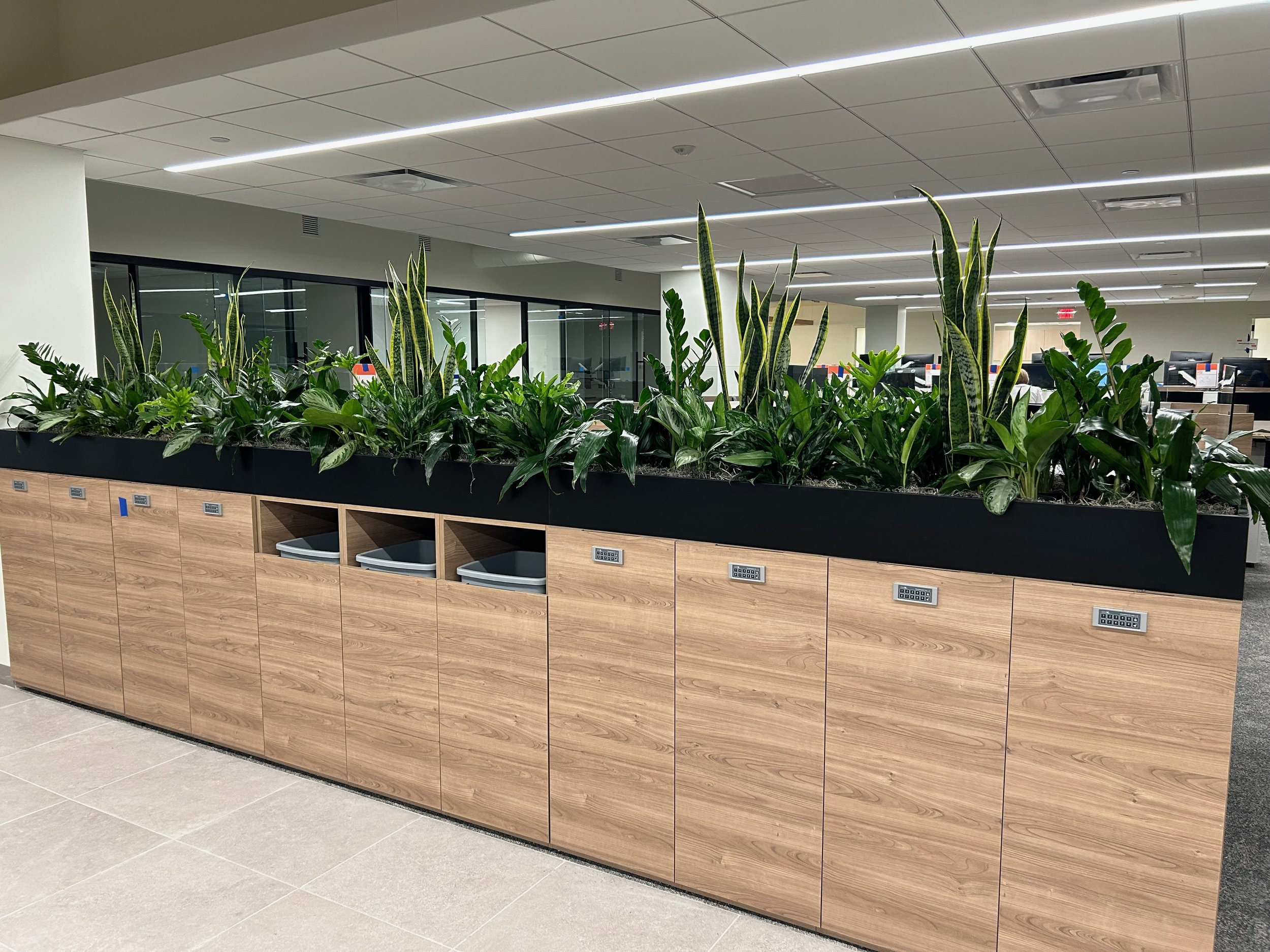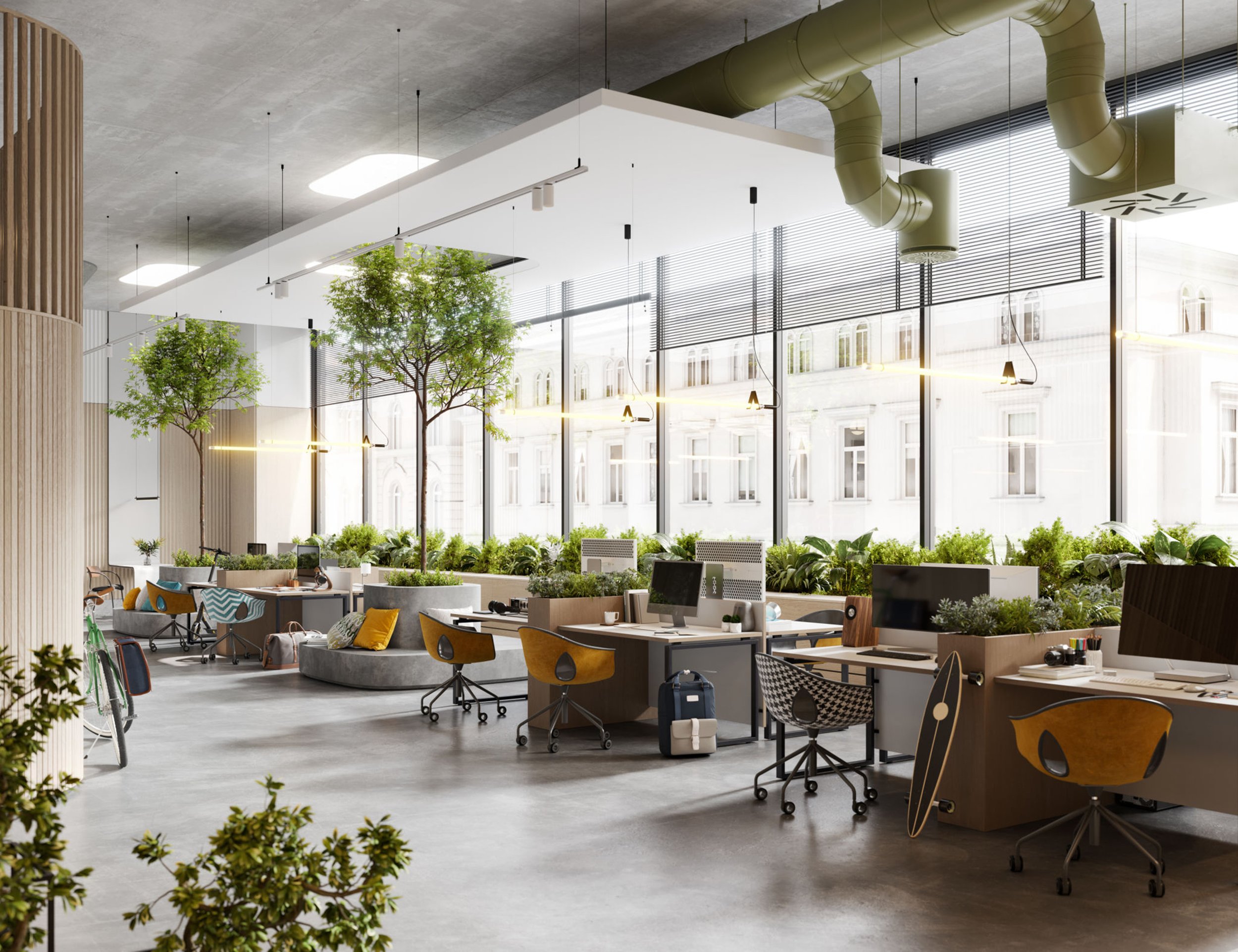Enhancing Aesthetics and Brand Image with Interior Plants: Workplaces and Multi-Family Residences
/The Transformative Power of Interior Plants: Enhancing Aesthetics and Brand Image
In today’s competitive business and residential markets, creating spaces that inspire and leave a lasting impression has never been more important. Whether you manage a bustling workplace or a multi-family residential building, interior plantscapes offer a simple yet powerful way to elevate aesthetics and enhance brand image. Here, we explore the value that interior plants bring and why incorporating greenery into your spaces is a must.
Why Interior Plants Make a Difference
Interior plants are more than just decorative elements; they are key to creating a welcoming and sophisticated environment. Research shows that spaces designed with indoor plants not only appear more vibrant but also feel more inviting to employees, guests, and residents alike. Here are some ways they add value:
Enhanced Visual Appeal: Plants instantly soften the look of a room, adding texture, depth, and life to what might otherwise be cold, sterile spaces. From tabletop plants to tropical trees or living walls, greenery can be tailored to complement your interior design and create a harmonious atmosphere.
Brand Image and Identity: Incorporating plants into your office or residential building conveys a commitment to sustainability, wellness, and innovation. A thoughtfully designed plantscape demonstrates that you care about the environment and the well-being of those who use your space, strengthening your brand’s identity.
Boosted Employee and Resident Satisfaction: Greenery has been proven to improve mood and productivity. In an office, plants help reduce stress, enhance creativity, and even improve air quality, fostering a healthier, more enjoyable work environment. In residential settings, they create a sense of comfort and connection to nature, which tenants value highly.
Increased Property Value: A well-maintained interior plantscape makes your property more attractive to potential clients or residents. Whether it’s an inviting lobby or a serene common area, plants elevate perceived value and can set your space apart from the competition.
Tips for Incorporating Plants
Prioritize Placement: Focus on high-traffic areas like lobbies, conference rooms, or lounge spaces to maximize impact.
Choose Low-Maintenance Options: Opt for resilient varieties like snake plants, pothos, or ZZ plants that thrive indoors with minimal care.
Partner with Professionals: Work with an experienced interior plantscape company to design, install, and maintain your greenery for optimal results.
Interior plants are a cost-effective and visually striking way to elevate your workplace or residential building. Beyond their undeniable aesthetic appeal, they promote well-being, reinforce brand values, and enhance the overall experience of your space. By choosing to incorporate plants, you’re not just decorating—you’re investing in a greener, more vibrant future.
Looking to transform your space? Contact us today to learn how our expert team can design the perfect interior plantscape tailored to your needs.




